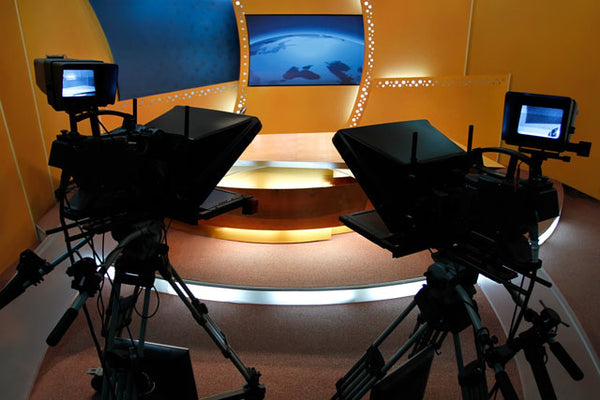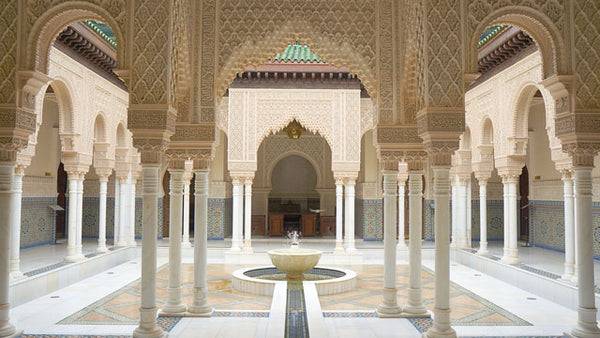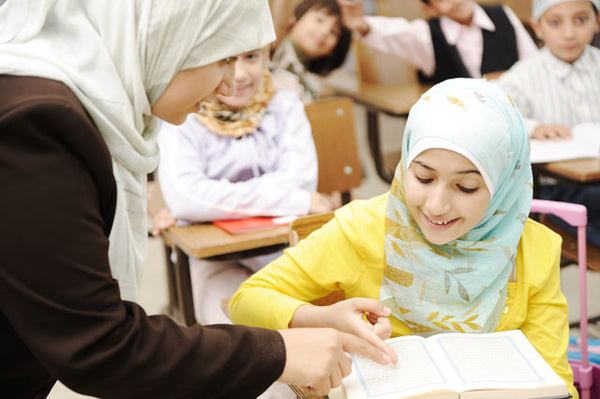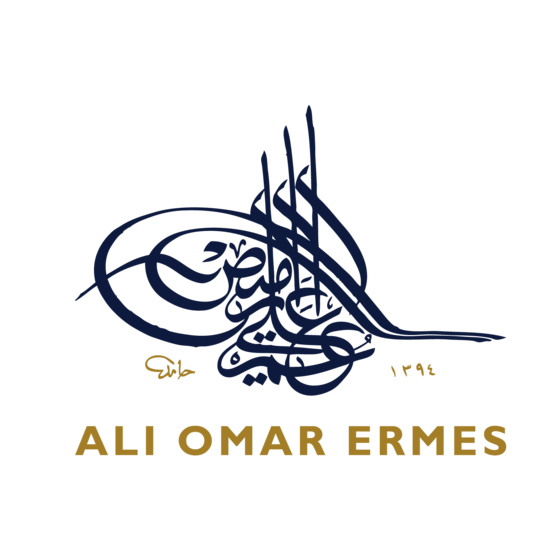Working in Mysterious Ways
Ali Omar Ermes, Monday 10 April 2000
A meeting was held at the Department of Culture Media and Sport to discuss issues such as discrimination made by some sectors against various ethnic minorities and is affecting their funding chances in sports, arts, media etc, this was a part of an ongoing consultation process by the department in order to prepare a report to set out general standards and to bring certain roles of behaviour for the public funding agencies to work by and to take on board ethnic minorities’ points of views, hopes and aspirations.
Meanwhile, for my part as a Muslim participant, I have intervened in hope to correct the wrong perception that is only about race and colour this accurse, in fact, it is even more, about religion, and I have given examples of the Muslims experience in schools, hospitals and employment, etc.
The sympathy I detected and the total agreement I saw by nodding heads of official and support of other participants made me conclude that all present recognise and agree to a change of attitude initiated by a number of recommendation put forward as part of this process to encourage a positive outcome to this problem which badly affects the Muslim community.
But sadly as I will discover a few weeks later since I received the draft report that none of these serious points has been included. To play it safe I contacted the organisers to find out what happened. I got through to an officer who was a bit defensive in the beginning and to cut a long story short, she asked me to write down the points of concern and send them to her. Here is a summary:
Point one: Religious discrimination
It is not only, colour and ethnicity that causes discrimination, in the society at large but also: religion as the Muslim experience shows us. When it comes to services, jobs, and other rights. If we take one example of the mistreatment of Muslim women with hijabs from certain sectors in hospitals education organisation etc, and they could be indigence white women, (Scott, Welsh, Irish or English) we will conclude that it is not because these women were non-white but because they were Muslims, the same as if we look at other examples of discrimination done to non-white people then I am sure that all reasonable people will think of it, as shocking unacceptable and hard to believe, for this to happen in this country at the end of the 20th century.
Point two: Funding by lottery money
Lottery money, given to charitable causes or Art and Sport etc. Again Muslims have been sidelined, and have not been consulted in depth. In any way, Muslims: would like, the managers of the society (Government decision-makers in all areas) to look at other ways of funding and give Muslims there share of support towards art, sport and charity work from the mainstream budget.
In general, I concluded that: – Islam in its essence covers all other issues emerged during the meeting. Race colour ethnicity, and minority religious rights. Muslims are humanitarians, and as citizens of this country, will be happy, to share their heritage, with the rest of the society, to benefit both sides. If they have been called upon, in a serious way, and given the right conditions to work towards this good aim.
A few months later I received a nicely presented report of 160+ pages called Policy Action Team 10, a report to the social exclusion unit in the Department for Culture, Media and Sport which contains six chapters. Such as contributions arts and sports can make, principles to be applied to community development work, and groups of particular risk of social exclusion etc.
To mine and to the dismay of thousands, I found none of those points I have put forward to the consultation organisers about funding sources and about discrimination that affect Muslims in the report, worse still, no effort has been shown to finding the right solutions for there causes. As if it is a foregone conclusion that Muslims will never raise any objection, to the fact that they have been ignored, neglected and dismissed of their rightful share of the well being of the society. As they don’t have too many options anyhow.
Apart from this very small matter, the report was fine as it seems to me and it is not for me to judge other people’s reaction but full of recommendations that need implementation. Nevertheless, I went back to our consultation organisers, whom I contacted earlier for the second time to ask if they received the points and if they understood the situation, the answer was positive, my next question was if they have received the points why didn’t they put them forward for a recommendation in the report? So the system in time can act accordingly? Or if not, Why not?
The answer I got was not very clear but it can be understood like this, not every issue has to be mentioned in the report and put forward for a recommendation in order to be solved.
So I said to myself there you have it. Muslims should not worry about issues like this because the government agencies will take care of their worries, solve their problems without their recommendations needing to see the light of day and better still without Muslims having to see any evidence for that, that must be magic. Is that what they call working in mysterious ways, if not what do they call it? One is baffled to think.
But do you know what? I have never been asked to take part in any consolation since! I wonder why!
Leave a comment
Also in VALUE ADDED THOUGHT

The Arab Media in Britain
Arab Media
Ladies and Gentlemen, before I begin, I would like to remind you that this is a multi-dimensional subject, filled with contradictory issues, concerning approx 300 million people, 22 nations and an anciently, enduring but remarkably modern language. Although in this short space of time, I will only give a general feel of the matter. During the late part of the 1970s, there were a few Arab media outlets such as Al Arab and Asharq al Awsat newspapers and Al-Majaleh magazine that started to appear but it is generally agreed upon that 1980s was the decade that witnessed the birth of the British Arab media.

A Glimpse of Islamic Heritage
The slide show consisted of around 150 photographs, taken over the last 30 years by Ali Omar Ermes himself, each one showing an example of the vast heritage and history of Islam.

The Importance of Faith-based Education for the Muslim Community
Ladies and gentlemen, this is a big subject with a huge debate entailed. However, for your overwhelming good fortune and my relief, I can gladly tell you that this is not a full engagement for the subject, which can take a long time and can be very academic.

